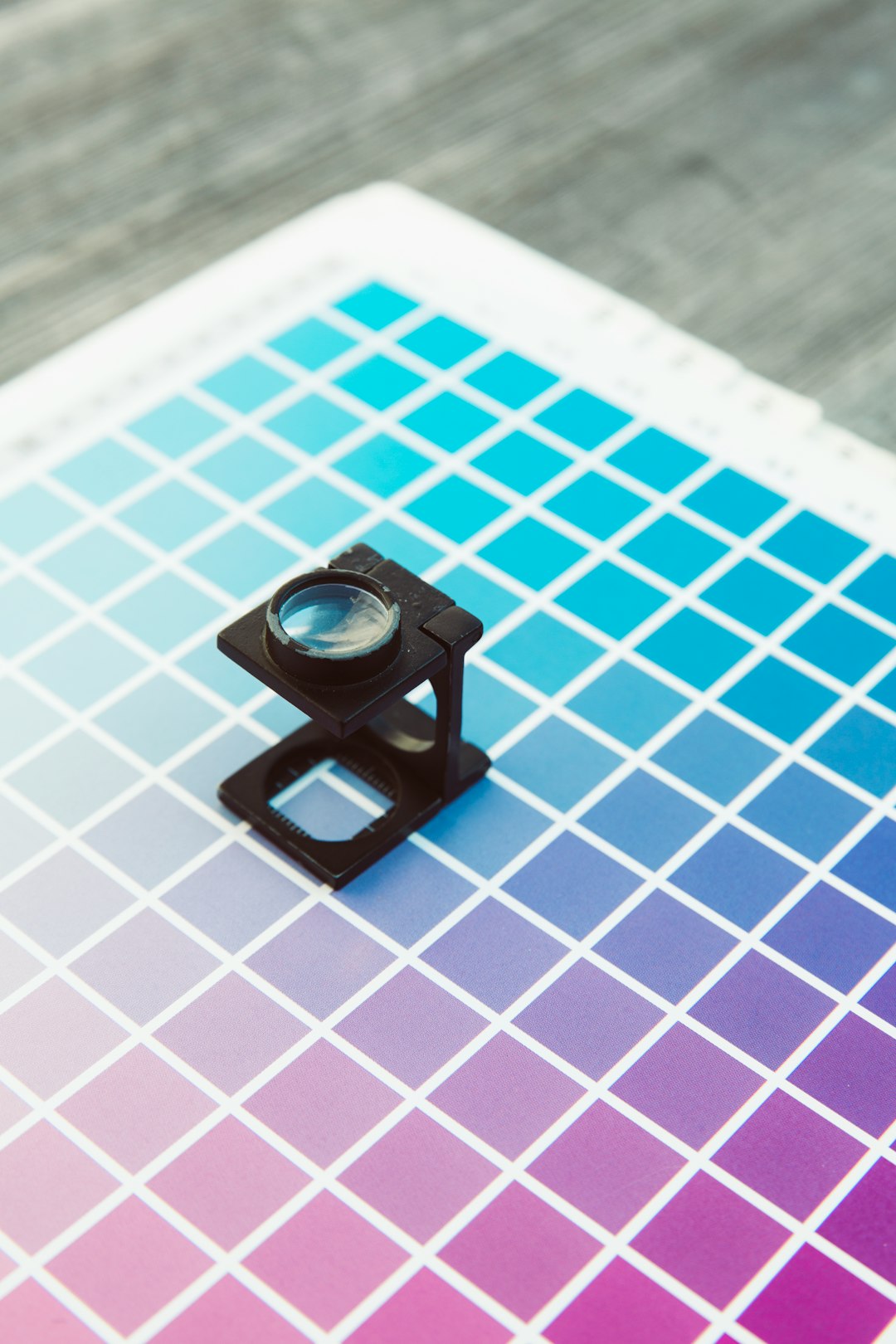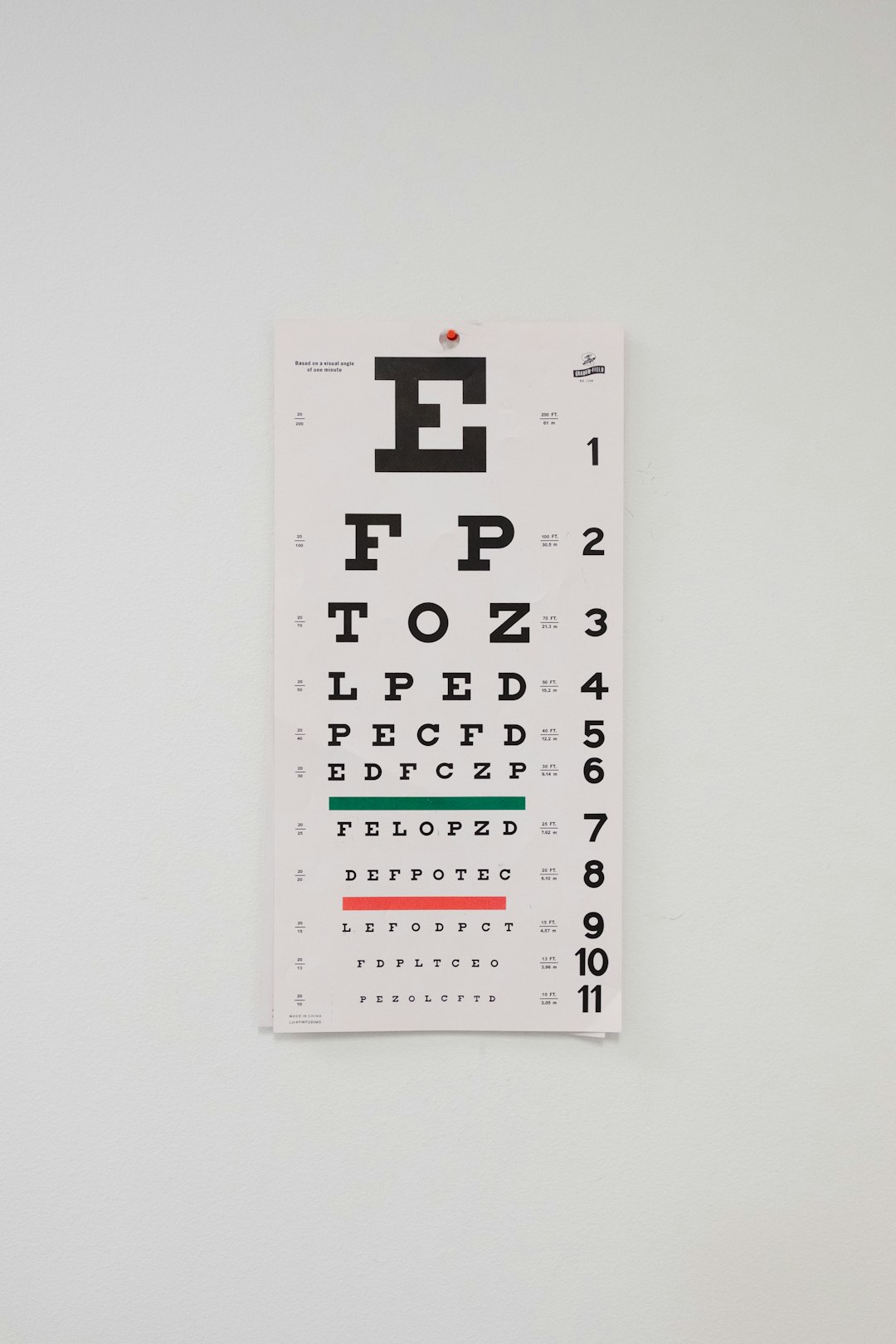Acne scars are a common consequence for many who have struggled with acne. These scars can impact one’s self-esteem and confidence, making the search for effective treatments a priority for those affected. Fortunately, there are a variety of methods available to reduce the appearance of acne scars, each with its own benefits and considerations.
One of the most popular treatments for acne scars is laser therapy. This method uses concentrated beams of light to remove layers of damaged skin, promoting the growth of new, healthy skin. Laser therapy can be effective for reducing the depth and colour of scars, but it often requires multiple sessions and can be costly. It’s essential to consult with a dermatologist to determine if this is the right option, as the type and severity of scarring can influence the treatment’s success.
Chemical peels are another common approach, involving the application of a chemical solution to exfoliate the skin and remove dead skin cells. This treatment can improve skin texture and tone by encouraging the growth of new skin. Chemical peels vary in strength, and while they can be effective for superficial scars, deeper scars may require more intensive treatments.
Microneedling is a newer technique that has gained popularity for its ability to treat acne scars. This procedure uses a device with fine needles to create tiny punctures in the skin, stimulating collagen production and helping to repair the skin’s surface. Microneedling can improve the appearance of various types of scars and is generally less invasive than laser treatments.
For those seeking non-invasive options, topical treatments are available. These include creams and gels containing active ingredients such as retinoids, alpha hydroxy acids, or vitamin C that can help to fade scars over time. While topical treatments can be a convenient and affordable option, they often require consistent application and patience, as results may take several months to become noticeable.
For more severe scarring, surgical options such as punch excision or subcision might be recommended. These procedures involve physically removing scar tissue or breaking up the fibres beneath the skin that cause scarring. While surgical options can be more invasive, they are often effective for deep scars.
It’s essential to consider the type of acne scars you have before deciding on a treatment plan. Consulting with a dermatologist can provide valuable insights and help tailor an approach that suits your skin’s needs. The choice of treatment often depends on the severity of the scars, skin type, and personal preference.
For a comprehensive overview of various acne scar treatments, it’s beneficial to explore resources that provide detailed information on each method’s pros and cons. These resources can help you make an informed decision and guide you towards a treatment that is both effective and suitable for your unique skin concerns.
Moreover, maintaining a healthy skincare routine can support the healing process and prevent further scarring. This includes using sunscreen to protect against harmful UV rays, as sun exposure can worsen the appearance of scars.
If you’re looking for additional information and support, consider visiting online platforms like SkinLight, which offer insights and advice on a range of skincare concerns. These platforms can be invaluable for those seeking to understand more about their skin and the available treatment options.
In conclusion, while acne scars can be challenging to manage, numerous treatments can significantly improve their appearance. By exploring the various options and seeking professional advice, you can find a solution that helps restore your skin’s smoothness and your confidence.






